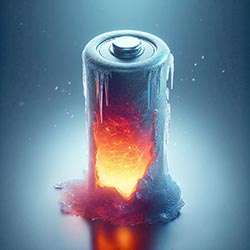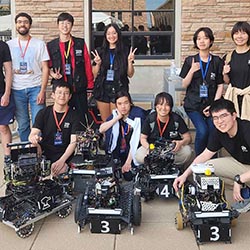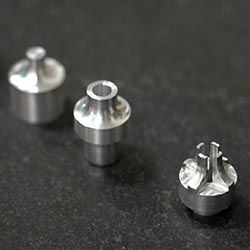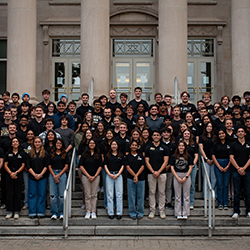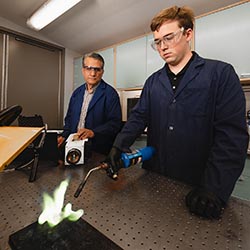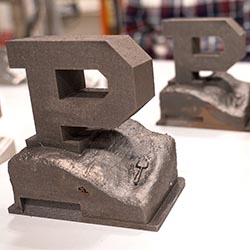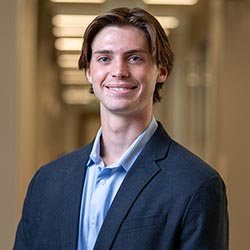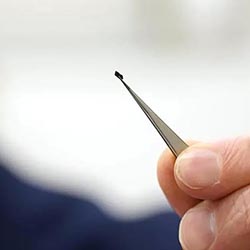April 14, 2025
Diagnosing the "true" temperature of lithium-ion batteries
Lithium-ion batteries are at the center of 21st century life, from smartphones to drones to electric vehicles. But we still don’t know everything about how they function, especially when it comes to overheating and loss of performance. Purdue University researchers have published research showing how the inside and outside of a lithium-ion battery can have drastically different temperature gradients.

